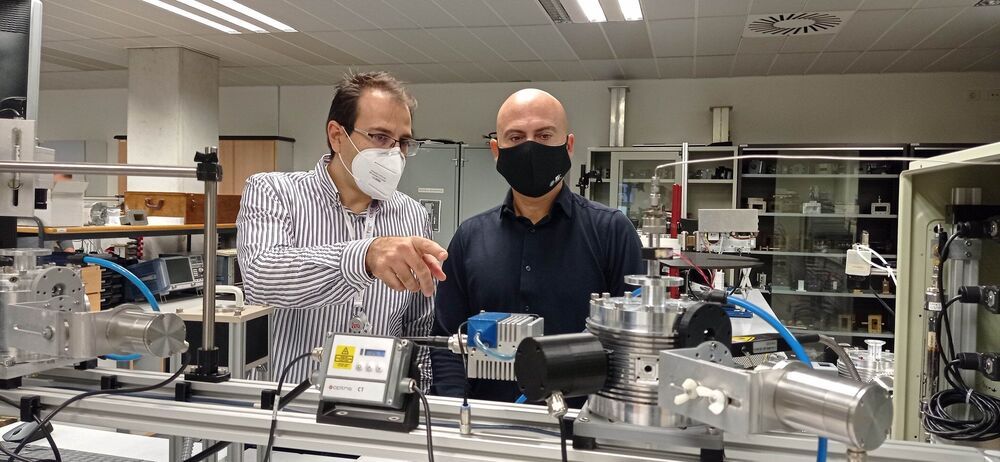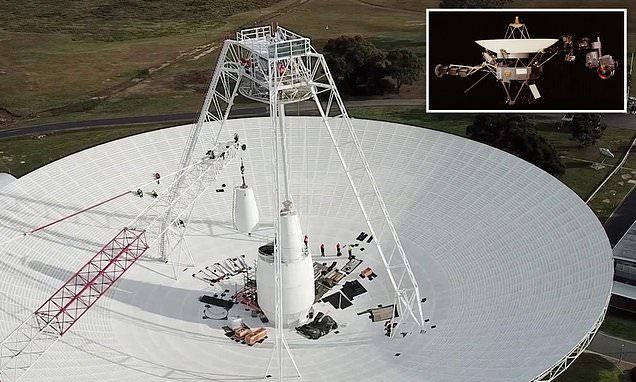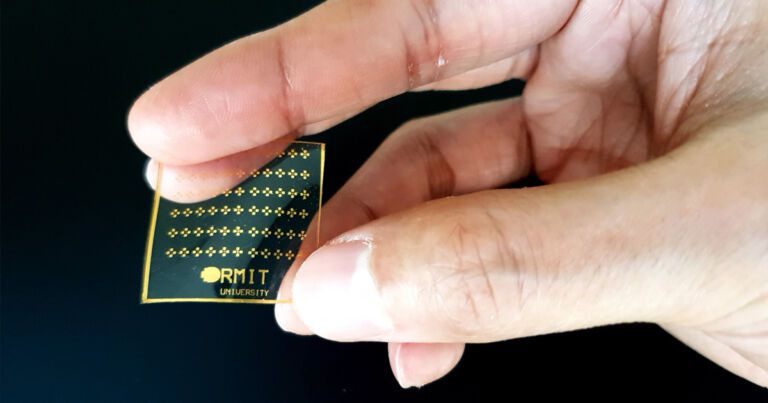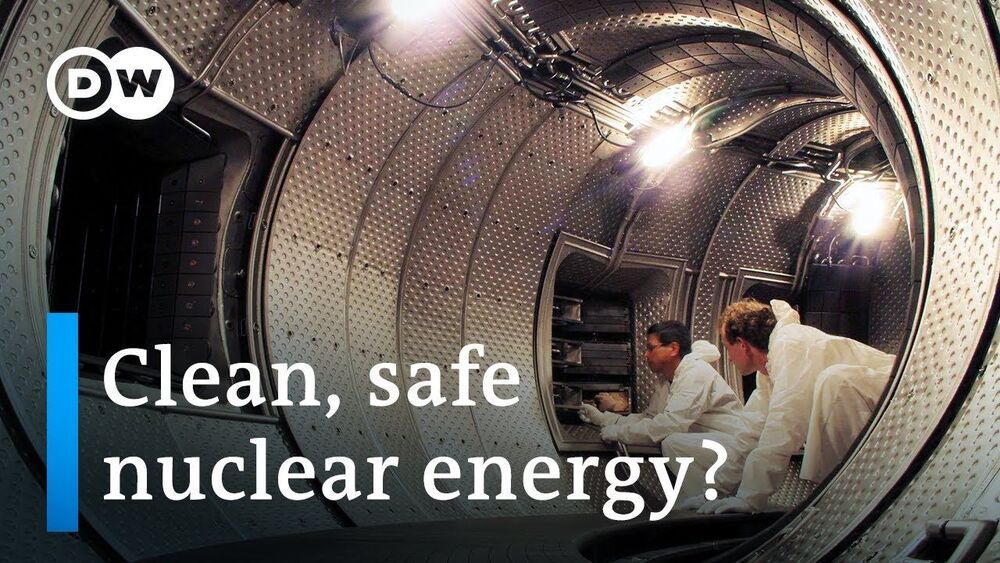
A team of researchers from the Polytechnic University of Valencia and the Spanish National Research Council (CSIC) has discovered a new method that makes it possible to transform electricity into hydrogen or chemical products solely using microwaves—without cables and without any type of contact with electrodes. This represents a revolution in the field of energy research and a key development for the process of industrial decarbonisation, as well as for the future of the automotive sector and the chemical industry, among many others. The study has been published in the latest edition of Nature Energy, where the discovery is explained.
The technology developed and patented by the UPV and CSIC is based on the phenomenon of the microwave reduction of solid materials. This method makes it possible to carry out electrochemical processes directly without requiring electrodes, which simplifies and significantly cheapens its practical use, as it provides more freedom in the design of the structure of the device and choosing the operation conditions, mainly the temperature. It is a technology with great practical potential, especially for its use in storing energy and producing synthetic fuels and green chemical products. This aspect has significant importance today, as both transportation and industry are immersed in a transition to decarbonise, meaning they have to meet very demanding goals between 2030 and 2040 to decrease the consumption of energy and substances from fossil sources, mainly natural gas and oil, highlights José Manuel Serra, research lecturer of the CSIC at the Chemical Technology Institute.


















